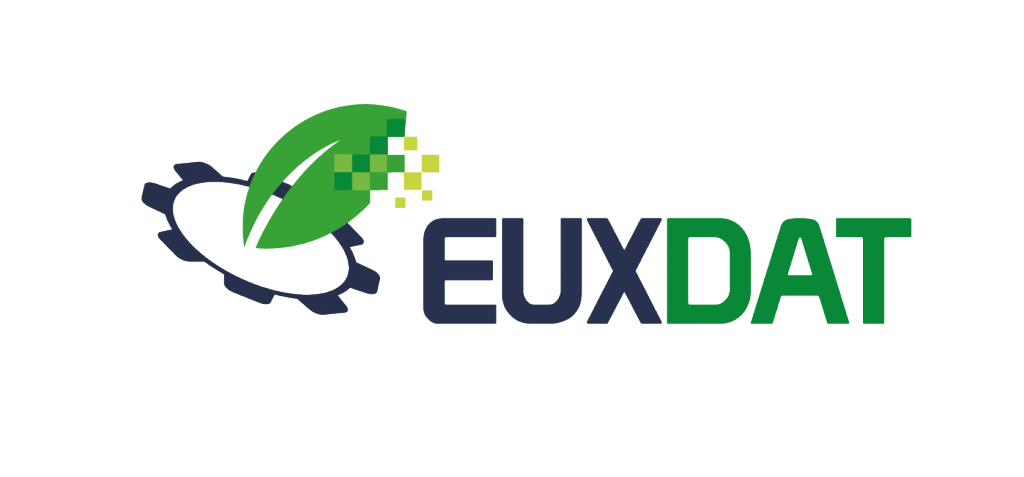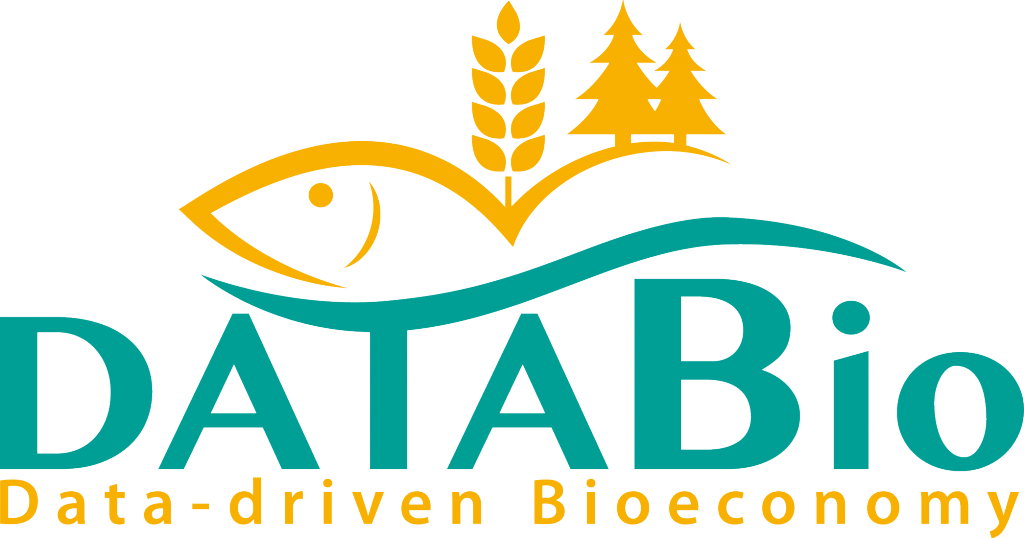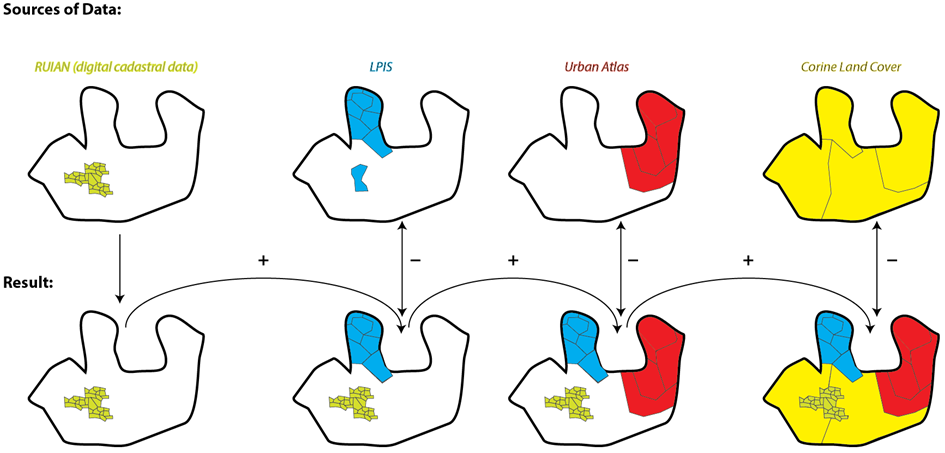This is a description of Team no 8 of the Nairobi INSPIRE Hackathon 2019 led by
Uta Wehn as a mentor and assisted by Raitis Berzins and Simon Leitgeb.
From “We cannot manage what we cannot measure” to “Let’s measure together!”
Effective environmental management – including day-to-day, hazard and crisis management – is dependent on effective environmental monitoring. But monitoring over large areas in-situ often requires higher levels of capacity than monitoring bodies have. At the same time, those measurements that we can get over large areas – the Earth Observation data coming from satellites – may need in-situ validation in order to provide sufficiently predictive models for meaningful management. Again this can require very high levels of capacity. In both cases, Citizen Science (CS) has already emerged as a potential solution, as exemplified by projects such as beAWARE, Ground Truth 2.0, and a whole range of innovation initiatives – including INSPIRE’s hackathons.
But while the potential for CS is enormous, in practice its implementation (in terms of stakeholder engagement, data interoperability and user-driven app development), its uptake by decision-makers and its integration into mainstream science, are faced by a range of social, scientific, technical and economic challenges. Team 8 will explore these various challenges and generate a wide range of ideas on how sound CS can be used to validate and utilise data from satellites. Experts in the team on the social as well as technical aspects of CS will help groom initial ideas, support app development, and promote the combination of data from various sources, etc.
Not only that, but while the INSPIRE hackathon itself is not a competition, there is the possibility across all the hackathon Teams to channel great ideas to the CSEOLab process for the chance to win ESA-funding and CSEOL project support for pilot projects. So let’s explore how we can seize the innovative potential of Citizen Science to measure, monitor and manage our environment!
Join this team no. 8 by registering at https://goo.gl/VME2ZG








